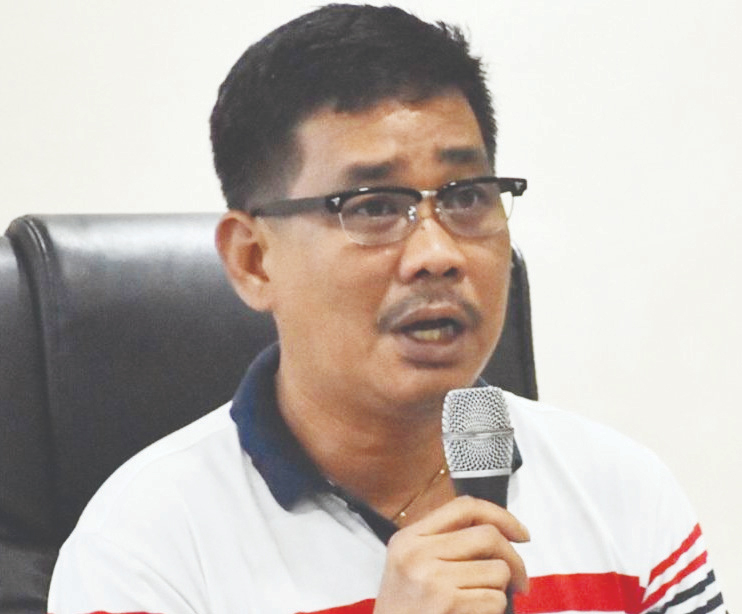
TACLOBAN CITY – Borongan City Mayor Jose Ivan Dayan Agda has strongly opposed a new plan by the Department of Environment and Natural Resources’ Mines and Geosciences Bureau (DENR-MGB) to open over 2,700 hectares of land in the city to potential mining activities.
Agda warned that any mining operations—whether in Borongan’s mountains or coastal waters—could threaten the city’s natural defenses and disrupt local livelihoods.
“We have been against any mining activity from the very start,” Agda said in a phone interview on Tuesday, June 9. “We want to preserve our forests, which serve as natural barriers against typhoons.”
The mayor said the city council is considering a resolution to formally express its opposition to the plan, which was made public by MGB on June 4 through a notice inviting applications for industrial sand and gravel permits in Borongan City and the towns of Hernani and Gen. MacArthur.
According to MGB’s notice, the proposed mining areas span 3,784.98 hectares in Hernani and Gen. MacArthur, and 2,759.79 hectares in Borongan alone.
The announcement has also drawn swift backlash from the Diocese of Borongan, with Fr. James Abella, director of the diocesan Commission on Social Action, Justice, and Peace, urging residents to reject the proposed mining projects.
Agda echoed these concerns and expressed intent to meet with MGB officials to clarify the proposal’s scope—including which specific areas would be affected and what minerals would be extracted.
“We want to know exactly which areas are covered and what kind of mining is being proposed in Borongan,” he said, noting that any operations near critical water sources like the Loom River could be especially harmful.
The mayor acknowledged that limited sand and gravel extraction might be acceptable, particularly to support dredging efforts, but he drew a hard line against mining in forested or mountainous areas.
“Sand and gravel could help save resources for dredging, but I’m absolutely against any mining in our mountains,” Agda emphasized.
Borongan is known to have deposits of gold and bauxite, but Agda said preservation must come first.
Agda also warned of social consequences, saying mining-related displacement of jobs could lead to economic instability and even fuel unrest.
“This could eventually affect our economy. And what I fear is that people who lose their livelihoods may be pushed to go to the mountains,” he said, hinting at the risks of increased insurgency.
Elsewhere in Eastern Samar, large-scale mining operations are already active on Manicani and Homonhon islands, where companies continue to extract nickel and chromite. On Homonhon, four companies—Min-Met Resources, Verum Terra Geosciences Inc., TelcIron Resources Inc., and Emirs Mineral Resources—operate mining sites. Hinatuan Mining Corp. operates on Manicani Island.
Agda and local Church leaders say they hope that public pressure and community action will be enough to halt the proposed mining expansion before it begins.
(JOEY A. GABIETA)



